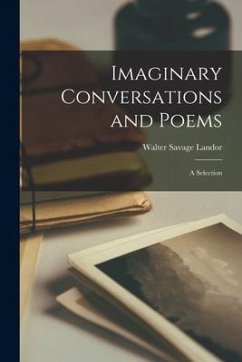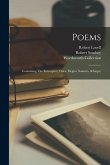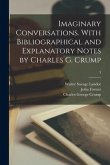This work has been selected by scholars as being culturally important, and is part of the knowledge base of civilization as we know it. This work is in the "public domain in the United States of America, and possibly other nations. Within the United States, you may freely copy and distribute this work, as no entity (individual or corporate) has a copyright on the body of the work. Scholars believe, and we concur, that this work is important enough to be preserved, reproduced, and made generally available to the public. We appreciate your support of the preservation process, and thank you for being an important part of keeping this knowledge alive and relevant.
Bitte wählen Sie Ihr Anliegen aus.
Rechnungen
Retourenschein anfordern
Bestellstatus
Storno





![The United Empire Minstrel [microform]: a Selection of the Best National, Constitutional and Loyal Orange Songs and Poems: With a Large Number of Toas The United Empire Minstrel [microform]: a Selection of the Best National, Constitutional and Loyal Orange Songs and Poems: With a Large Number of Toas](https://bilder.buecher.de/produkte/65/65631/65631717m.jpg)



